The construction of the world's most powerful solution-type medical isotope test reactor commenced on Tuesday in Southwest China's Sichuan Province, according to information from the China National Nuclear Corporation (CNNC). This development aims to better address the diagnostic and treatment requirements of tens of millions of people in China.
After becoming operational, this reactor, constructed by the Nuclear Power Institute of China under CNNC, is projected to have an annual production capacity of 100,000 curies of molybdenum-99 and 20,000 curies of iodine-131. This will address the longstanding reliance on imports and the bottleneck issue concerning these two isotopes.
Furthermore, this development is expected to catalyze the downstream industry, generating an output value of more than 4 billion yuan ($0.56 billion), thereby significantly enhancing cancer diagnosis and treatment capabilities in China.
Medical isotopes are typical radioactive isotopes that have been successfully employed in the field of medicine. Carbon-14, a mainstream medical isotope, is utilized in breath tests to detect Helicobacter pylori during routine physical examinations.
Zhao Guang, the director of the medical isotope department at the Nuclear Power Institute of China, told the Global Times that dozens of medical isotopes, such as carbon-14, iodine-131, iodine-125, and strontium-89, are highly sought-after in the detection and treatment of major diseases. However, China has traditionally depended heavily on imports for its supply of medical isotopes.
A research report from the Nuclear Power Institute of China indicates that in recent years, China has depended on imports for more than 90 percent of medical isotopes produced through nuclear reactors, with a limited variety. Meanwhile, there is a gradual increase in domestic demand for medical isotopes.
"At present, the development of medical isotopes in China mainly relies on research reactors. However, these reactors are also allocated for other tasks, severely limiting their capacity for medical isotope production. With the market demand for domestic medical isotopes and their compounds expanding at a rate of 25 to 30 percent annually, the existing reactor capacity falls significantly short of meeting the consistently increasing market needs," said Yao Gang, the head of the Nuclear Power Institute of China, in an interview with the Global Times.
He emphasized that the imbalance between supply and demand not only significantly impedes the progress of nuclear medicine in China but also poses a threat to the lives and health of the public.
In 2009, the world's largest supplier of carbon-14, Canada's National Research Universal reactor, ceased production, leading to the discontinuation of China's carbon-14 supply. Wang Conglin, Secretary of the Party Committee of the Nuclear Power Institute of China, told the Global Times that Western countries, including Canada, maintain a monopoly in medical isotope production, and the majority of China's medical isotopes are dependent on imports.
Due to the limited domestic development of the medical isotope industry, there exists a significant gap between the level of nuclear medicine in China and that in developed countries, Wang noted.
Simultaneously, depending on foreign procurement has consistently encountered issues of high prices and uncertain timely supply. Additionally, the international market is confronting supply challenges. The aforementioned research report indicates that in recent years, the global supply of medical isotopes has relied on a few research reactors in countries such as Canada, the Netherlands, Belgium, France, South Africa, and Australia, most of which have exceeded their service life and are grappling with issues like high maintenance costs, challenging waste disposal, and safety risks. It is anticipated that they will be gradually decommissioned around 2025.
"After the medical isotope test reactor is completed, it will attain an annual production capacity of 100,000 curies of molybdenum-99 and 20,000 curies of iodine-131, surpassing the current domestic demand," Li Qing, the chief designer of the reactor, told the Global Times.
Li further explained that the construction cost of the medical isotope test reactor is only one-third of that of a regular nuclear reactor, and the fuel consumption is merely 0.4 percent of the existing technology.
Zhang Jinsong, the technical director of medical isotope R&D at the Nuclear Power Institute of China, told the Global Times that the isotope reactor is expected to be completed and operational by 2027. Upon completion, it is poised to make a significant leap in the production capacity of the two most commonly used medical isotopes, iodine-131 and molybdenum-99, transforming China from an importing country to an exporting country.
It will also reduce the prices of domestic medical isotope drugs, making them more accessible and affordable for more people, according to Zhang.









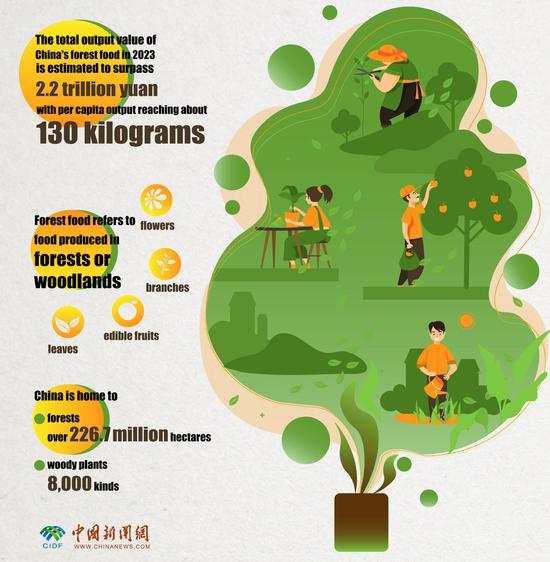

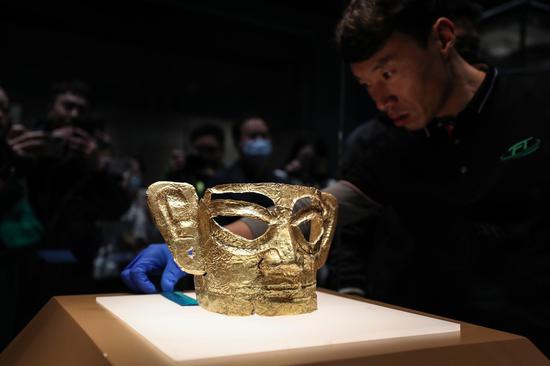


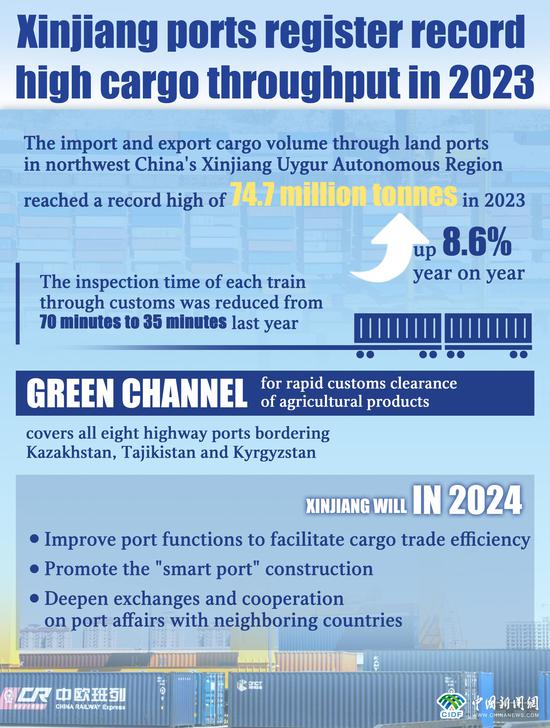

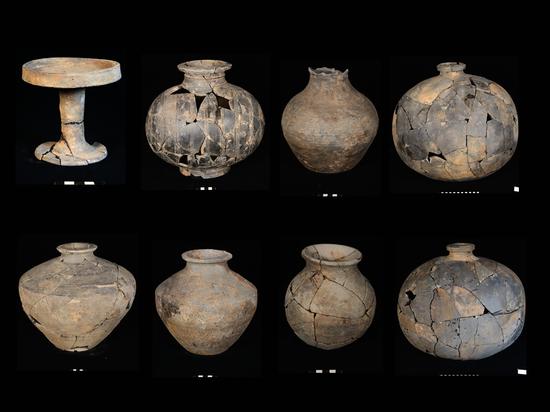

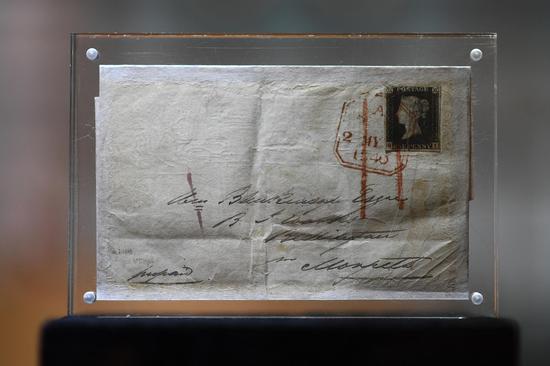








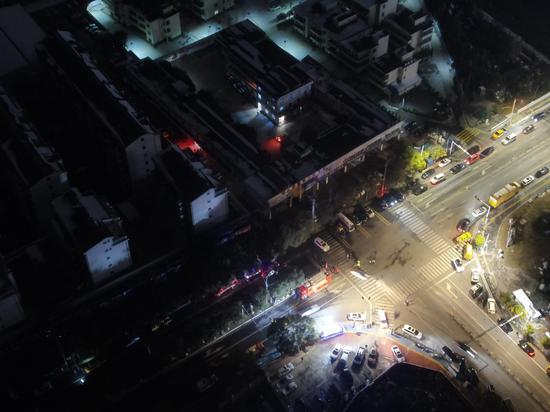
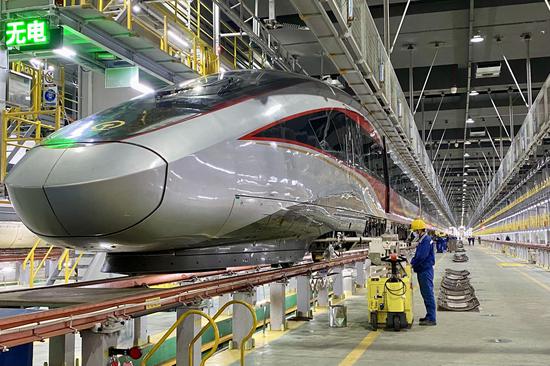


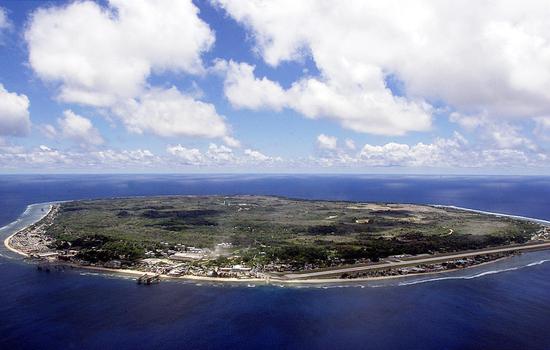



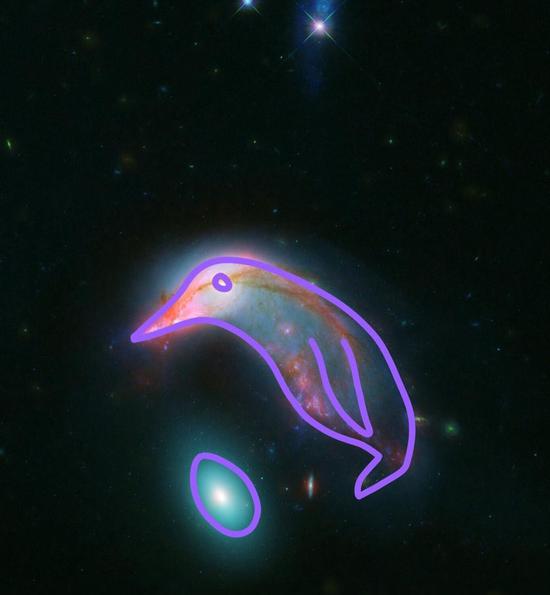

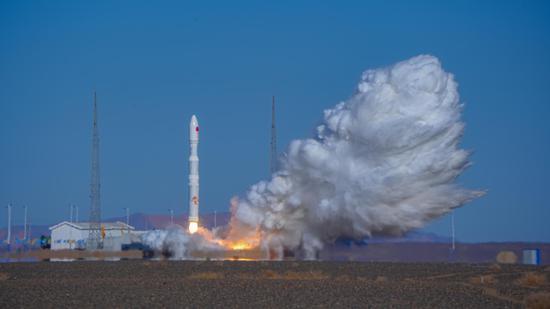
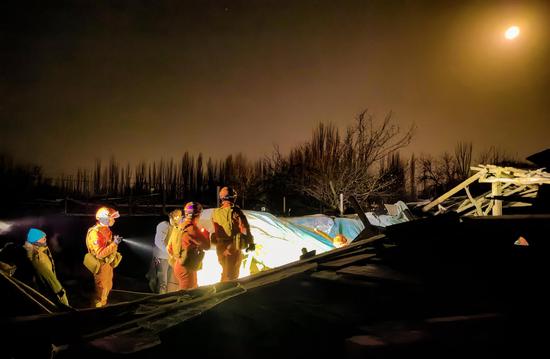


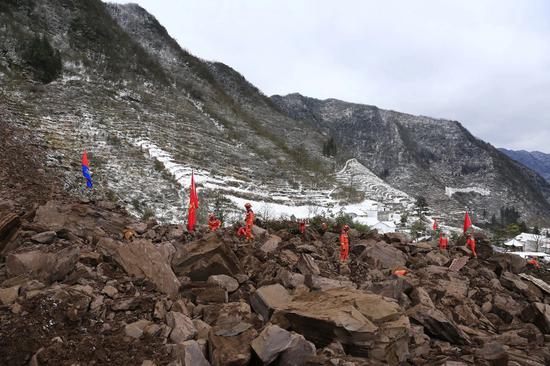
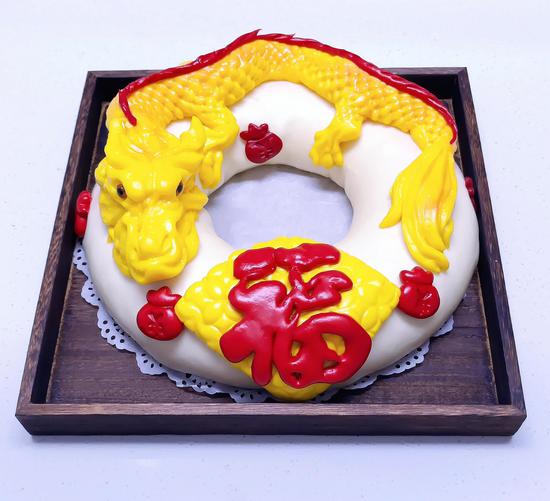
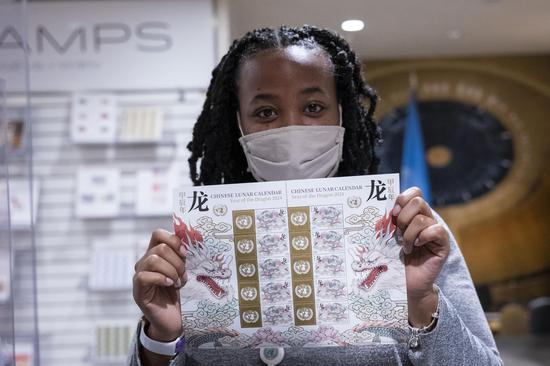






 京公网安备 11010202009201号
京公网安备 11010202009201号